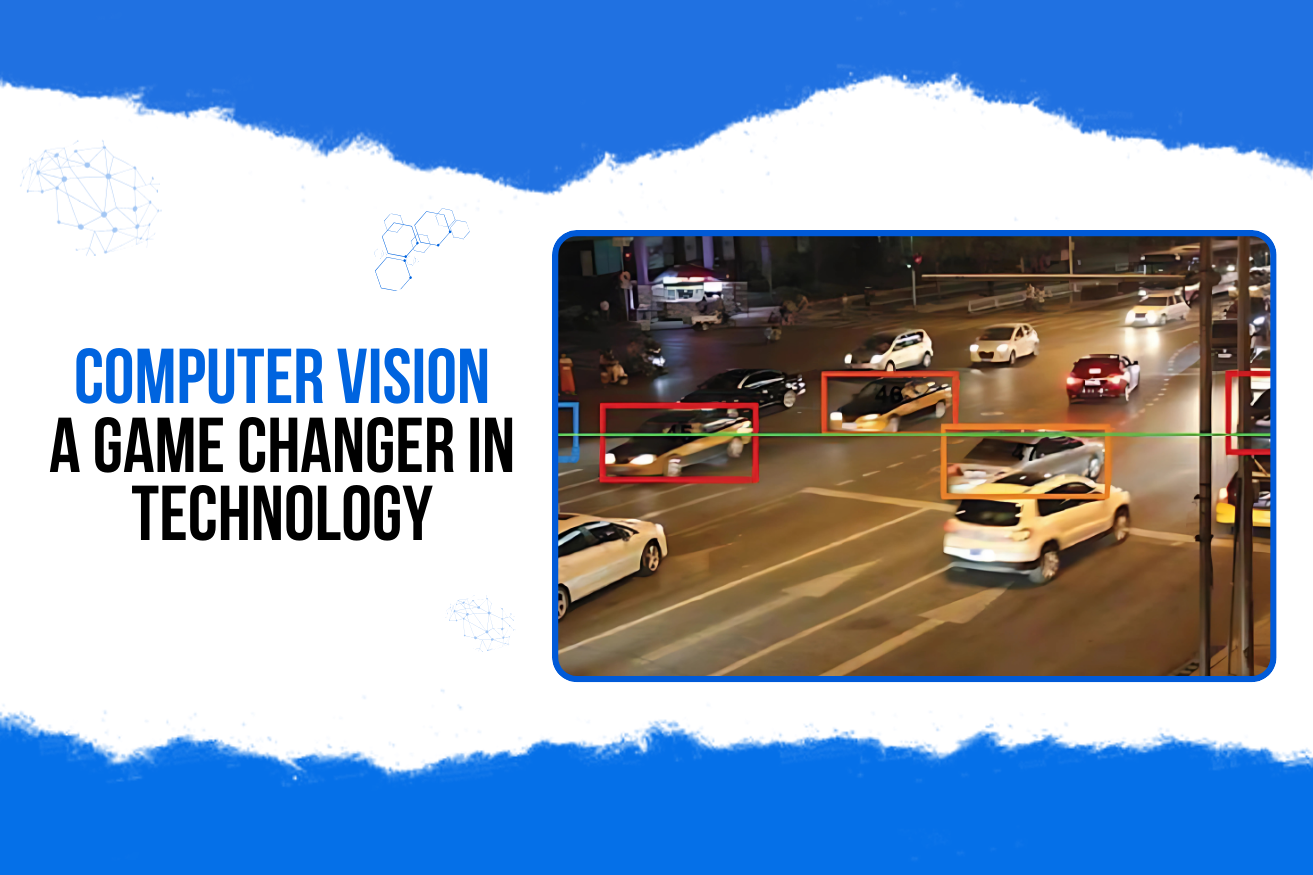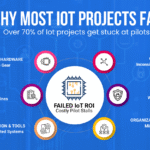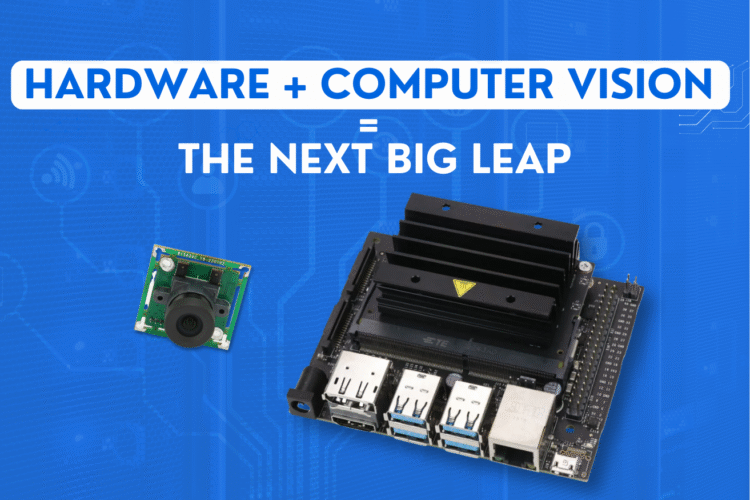
Introduction: The Rise of Computer Vision
Over the last decade, Computer Vision has gone from a research concept to one of the most disruptive technologies in the world. It allows machines to “see” and interpret the world around them using cameras, sensors, and AI algorithms. Just as the internet transformed how we communicate and cloud computing reshaped data, computer vision is redefining how we interact with machines, environments, and each other.
Whether it’s autonomous vehicles recognizing pedestrians, smart cameras spotting defects on a production line, or mobile apps unlocking phones with facial recognition, computer vision is already woven into our daily lives — often without us noticing.
Why Computer Vision Matters for the Future
The future impact of computer vision spans across industries:
- Healthcare: AI-powered image recognition can detect diseases earlier than human doctors, from X-rays to dermatology.
- Retail: Smart shelves, automated checkout, and heat maps that analyze customer movement.
- Security: Facial recognition, suspicious activity detection, and intrusion monitoring.
- Industrial IoT: Automated quality control, predictive maintenance, and object counting in factories.
- Smart Cities: License plate recognition, traffic management, and crowd monitoring.
- Consumer Devices: AR/VR headsets, home automation, and personal assistants that recognize objects and gestures.
According to recent reports, the computer vision market is expected to grow at over 20% CAGR, crossing $20 billion by 2030. This makes it one of the key growth drivers in AI and IoT.
The Challenges of Computer Vision Development
Despite its potential, computer vision is not plug-and-play. Building a reliable system involves tackling challenges such as:
- Hardware limitations: Edge devices often have limited compute and memory.
- Lighting and environment variability: Models must perform across different weather, light, and noise conditions.
- Accuracy and bias: Vision algorithms need constant training and validation to avoid false positives/negatives.
- Data privacy: Facial and personal data requires strict compliance with GDPR, HIPAA, and other regulations.
- Integration: Vision systems must connect with IoT devices, mobile apps, and cloud platforms seamlessly.
This is why successful computer vision projects require a holistic approach — combining hardware, software, AI, and system-level design.
Our Approach at MetaDesk Global
At MetaDesk Global, we focus on practical, real-world computer vision applications. We don’t just experiment with models; we deliver end-to-end solutions that combine:
- Custom hardware & PCB design for deploying cameras and sensors
- Optimized firmware & edge AI for real-time image processing
- Computer Vision frameworks like TensorFlow Lite, OpenCV, and YOLO for detection tasks
- Mobile app integration for monitoring, alerts, and control
- Enclosure design to ensure the product is rugged, reliable, and manufacturable
This multidisciplinary approach ensures that our clients get solutions that are accurate, secure, and ready for production.
Projects We Have Delivered
- Face recognition systems for smart access control
- Number plate recognition (ANPR) for automated parking and traffic enforcement
- Object detection and counting systems for logistics, factories, and retail environments
- Environmental monitoring with vision integration for tracking pollution and safety
- Custom CV models for niche applications in IoT and industrial automation
Current Project: Auto-Opening Smart Door
One of our most exciting ongoing projects is an auto-opening smart door powered by computer vision. The system detects authorized individuals via facial recognition and opens the door automatically. This combines security with convenience, offering a futuristic yet practical solution for smart homes and offices.
Key features include:
- Face recognition with edge AI (fast and privacy-focused)
- Integration with mobile app for settings and remote access logs
- Custom enclosure design for durability and aesthetics
- Scalable architecture suitable for residential and commercial use
The Future of Computer Vision
As edge computing grows and AI accelerators become more affordable, computer vision will become even more embedded in our everyday devices. Expect to see:
- Smarter healthcare diagnostics with wearable cameras and sensors
- Seamless retail experiences powered by real-time object recognition
- Next-gen robotics with advanced navigation and vision-guided manipulation
- Green technology using CV to monitor crops, water, and environmental sustainability
At MetaDesk Global, we are committed to staying ahead of this curve by delivering AI-powered IoT solutions that blend vision, hardware, and intelligence into products that matter.
Conclusion
Computer vision is not just a trend — it’s a revolution in how machines perceive the world. From smart doors to healthcare diagnostics, its applications are limitless.
At MetaDesk Global, we’ve already proven our capabilities in face recognition, number plate detection, object counting, and automation systems, and we’re excited about projects like the auto-opening smart door that push these innovations forward.
If you’re looking to bring computer vision into your next IoT or embedded system project, we’d love to collaborate.
👉 Let’s discuss how we can transform your idea into a working, production-ready solution.




